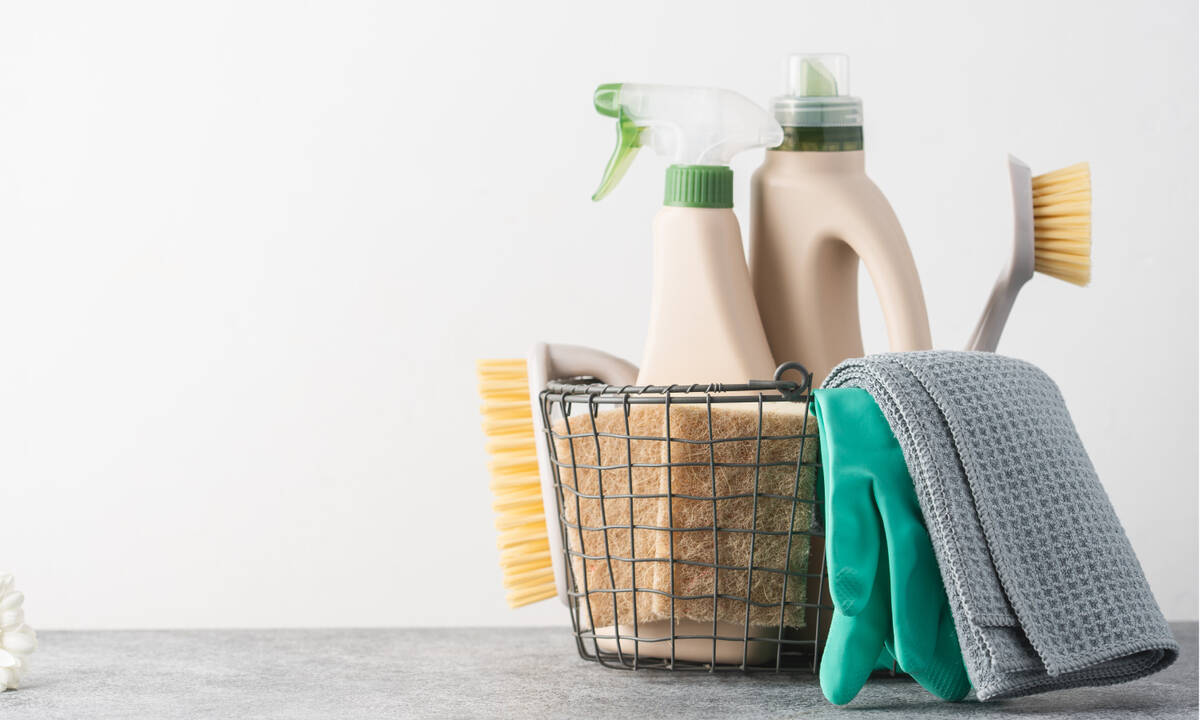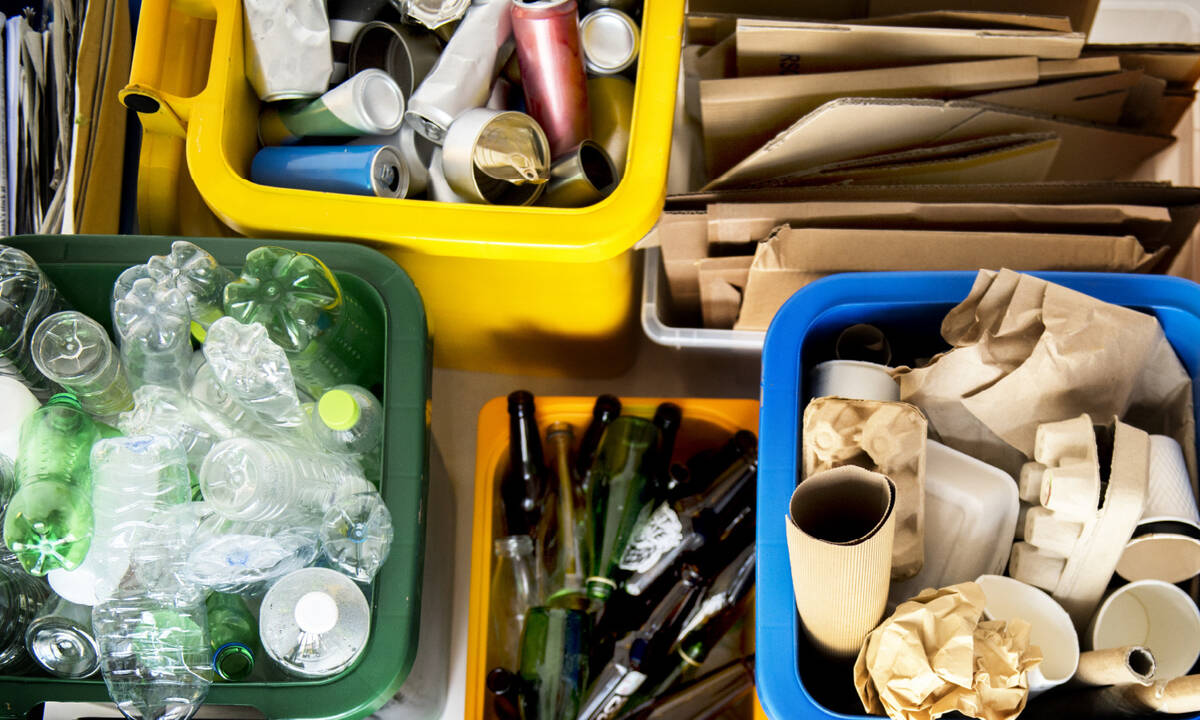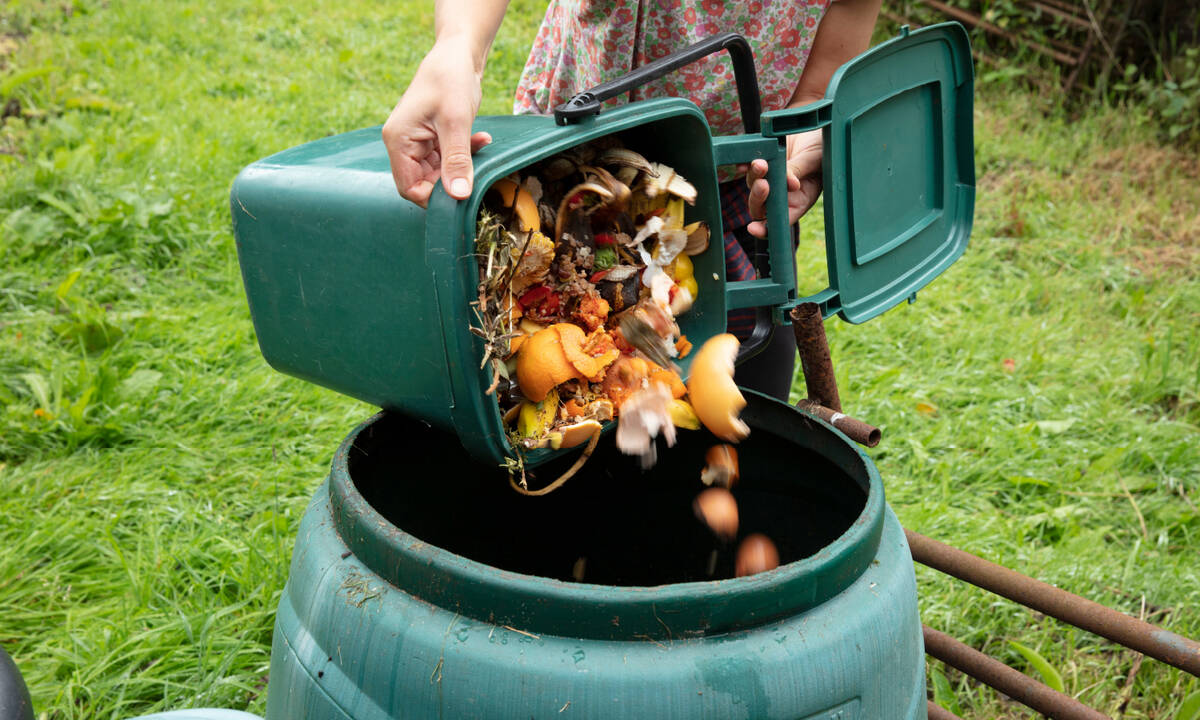
Now more than ever, the need to make our lifestyle more sustainable and eco-friendly has risen, and if you have your own family to protect at home, may it be your little kids, your siblings, or your parents, you know too well that having an eco-friendly home is one of the most important aspects of having a healthy home. Especially with the threat of the virus coming in, disinfectants here and there may not be enough to purify your home of health risks. One effective way to cleanse your home and your lifestyle as well is to go eco-friendly. The best way to live a sustainable life is to make small changes that can easily be incorporated into your daily routine. We want to show you ways to be more eco-friendly and how simple changes can create a more eco-friendly home, without any excuses! With more research available on sustainability than ever before, you should be armed with all the information you need. Here are four ways to help you make your home eco-friendly.

1. Use green cleaning products
If you really are dedicated enough to convert our household into an eco-friendly home space, then you should start with the products that you are using in your day to day activities, such as your cleaning products. The cleaning products you use in your home leave behind residue that can come into contact with your skin, not to mention the food you prepare, the clothes you wear, and even your pets. Whether you clean your home yourself or use a maid service, you should always consider the cleaning products used. Most over-the-counter household cleaners contain harmful chemicals. Using eco-friendly cleaners will keep your home free of dangerous chemicals for a healthier environment. Your health, the health of your family, and your pets will all be protected from exposure to many of the toxins commonly found at home. Household products like white vinegar, olive oil and lemon juice are all great at cleaning your house, plus they also help to improve the smell of your home. These homemade cleaning products are also easier on your ozone layer, compared to some of the synthetic products out there. Try using these products on all of the surfaces of your home. A lot of local stores are also bringing out cleaning products that you “just add water to”. These are also a great addition to cut down on your single-use plastics.

2. Recycle
Recycling is the first thing most people think about when they think of an eco-home. This can be recycling your waste, purchasing goods that have already been recycled or reusing and recycling your own items. If you’ve got skills such as sewing, woodwork or other crafty skills, recycling old items comes naturally to you. There are many benefits that come with recycling, such as reduction in pollution, preventing global warming, and helping preserve wildlife and ecosystems. Pollution, in the form of water, air, and land pollution, has been a world-known hazard resulting from industrial waste like chemicals, plastics, and cans. Recycling these materials has helped our environment a lot. Instead of throwing your waste away recklessly, it is good to consider if it can be used elsewhere. Besides, we all know that recycling is a simple way in which every person can contribute to making a better world.

3. Eat local and organic
People who buy produce from local farmers markets are eating food that is grown and produced with minimal pollution and chemical exposure, whilst aiding local businesses. But did you know that buying locally also has a big impact on the environment? According to Harvard University, local food is 4.7 times more efficient than traditional, non-local produce, saving the environment. How your food is grown or raised can have a major impact on your mental and emotional health as well as the environment. Organic foods often have more beneficial nutrients, such as antioxidants, than their conventionally-grown counterparts and people with allergies to foods, chemicals, or preservatives may find their symptoms lessen or go away when they eat only organic foods. These foods contain fewer pesticides, are often fresher, and meat and milk are richer in certain nutrients.

4. Compost your food waste
Encouraging composting waste food can be difficult, as some people are put off by the thought of rotting food in their garden – but don’t be! Reducing landfill and also getting the very best compost for your garden can be really easy. Tie this in with growing your very own vegetables and you’re on to a winning solution. This is also where the importance of your own space comes in. If you have extra space in your garden or backyard, you can use this for composting waste food, you just have to make sure that you are doing it right. Aside from the fact that you are helping the environment to reduce waste, you also help your own household to have better soil for your garden.




